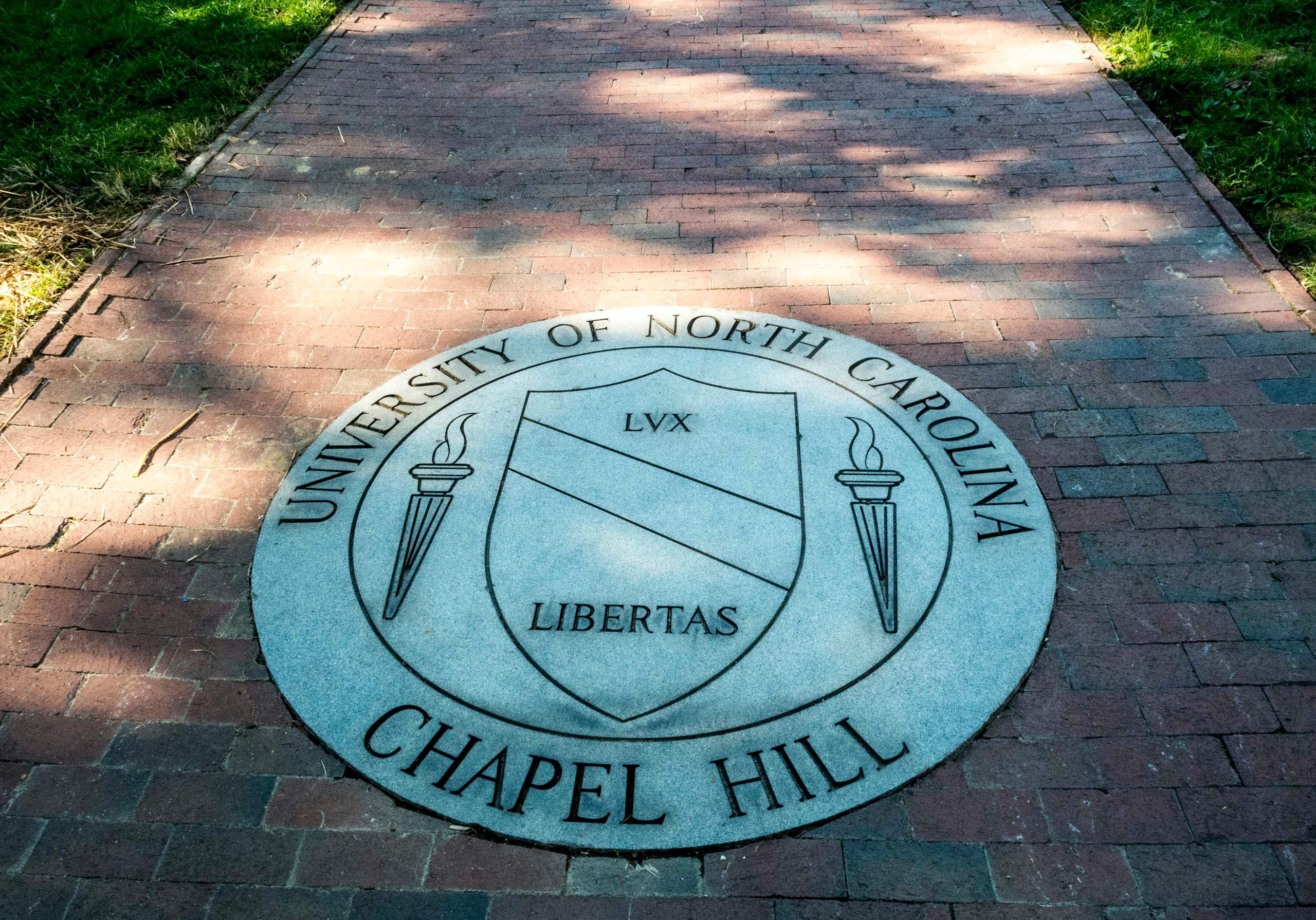
Chris Lange, FISM News
[elfsight_social_share_buttons id=”1″]
A free speech advocacy group is calling on the University of North Carolina to rescind an executive order by the student body president to defund all pro-life student organizations, according to a report by World.
The order also instructs study body executive offices to engage only with businesses that offer employees “a comprehensive suite of comprehensive reproductive benefits.”
In a letter to University of North Carolina at Chapel Hill student President Taliajah Vann, who authored the executive order, The Foundation for Individual Rights of Expression (FIRE) called on school administrators to reverse the directive barring pro-life student groups from receiving school funding and instead “commit to upholding the First Amendment by distributing funds in a viewpoint-neutral manner.”
FIRE also refers to well-established legal precedent that public universities and student body governments must “comply with the First Amendment…which forbids [university student groups] from imposing content or viewpoint-based restrictions on the distribution of student fee funds to student groups.”
The university system’s board of trustees on Wednesday passed a resolution affirming UNC’s commitment to cultivating academic freedom and freedom of speech on campus in reaction to the controversy surrounding Vann’s order.
The board further directed UNC Chancellor Kevin Guskiewicz to “direct appropriate University personnel to develop and issue policy requiring that the Senates of the Undergraduate Student Government and the Graduate and Professional Students Government must appropriate all student fees in a viewpoint-neutral manner.”
The UNC-Chapel Hill chapter of Students for Life, one of the groups defunded by the executive order, issued a statement requesting the UNC Student Government to rescind it.
“These radical, one-sided actions of the UNC Student Government fail to recognize the diversity of thought at UNC-Chapel Hill and alienate a significant portion of the student body and faculty members,” the statement read. “We urge the UNC Student Government not to sponsor such a divisive event since it does not represent the diverse beliefs of the student body and faculty members.”
The University of North Carolina’s Student Constitution states that governing bodies “shall not discriminate in matters of policy or financial allocation on the basis of age, gender, race, color, national origin, religion, creed, political ideology, political affiliation, [or] political party.”
Under the “Viewpoint Neutrality” section of the UNC Undergraduate Student Code, “Funding decisions may not have any relationship to the particular view of the group or activity,” and further clarifies that “requests for funding must be made in a manner that is neutral to the views of the organization.”
Undeterred by the letter, Vann dug in with defiance, claiming that the directive was a necessary act borne out of some sort of moral obligation that suspends First Amendment rights outlined in the U.S. Constitution.
“There are people who fought for this right in 1967, and now the mantle has fallen to us,” Vann told The Daily Tar Heel. “That is not something that we are happy about, but it is not a challenge that we are going to shy away from. This fight is only just beginning.”
Abby Buxton, co-president of the UNC Students For Life chapter, spoke about the executive order in an interview with the Daily Caller News Foundation.
“I think that it is extremely troubling that an organization who is committed to serving the entire student body has taken actions that do not consider the diversity of thought on campus,” Buxton said. “I have received email after email from different faculty about how UNC should embrace diversity and make [the] campus a safe place for everyone. However, when it comes to diversity of thought I do not find this mission being upheld, especially in recent events.”
Less than 24 hours after FIRE contacted Chancellor Guskiewicz’s office, he released a statement addressing the controversial executive order, writing, “Our university is a big and diverse place, making room for an array of different viewpoints, and that calls for thoughtful restraint on the part of leadership when it comes to weighing in on controversial issues. When university leaders commit the institution to a political position, it can chill dissent and silence alternative views.”
Notably absent from Guskiewicz’s missive was any indication about whether the university will uphold Vann’s order. The chancellor instead offered a vague assertion that “our leadership team will continue to discuss how to fulfill our responsibility to be a place where ideas and opinions are argued, tested, and freely expressed,” adding, “I look forward to continued discussions with you about how we can learn from one another, even when we might disagree.”
FIRE requested that the university responds to its letter by Aug. 11.
FISM will continue to monitor and report on developments in this matter.
